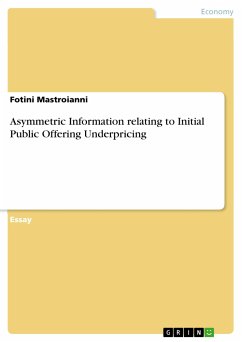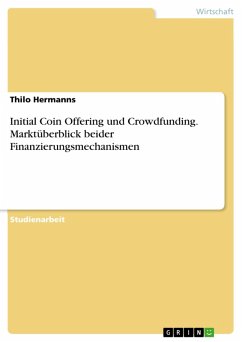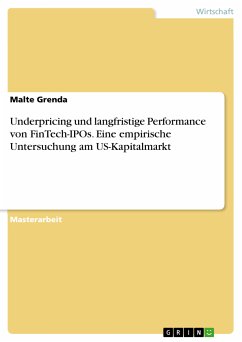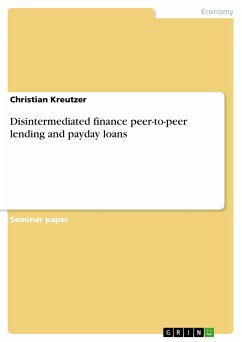Essay from the year 2012 in the subject Economics - Finance, , language: English, abstract: The main reason why companies decide to proceed with IPO is mainly to gain access to new funding. The proceeds from the share issue itself are not necessarily intended for direct expansion. The prospects for growth from acquisitions, the funds available for organizational expansion and refinancing of current borrowings have shown, among other things, to be the main motives that newly listed companies consider as very important. The general initial public offering procedure enhances the image and publicity of enterprises and gets not only an initial certification of the professionals in the financial markets but also a long-term price bidding (price signal) to suppliers, workforce and customers. According to Roell (1996), a robust equity value in the subsequent acquisition (during the trading of securities after their initial bid for public offering) reassures suppliers that they can safely grant trade credit, employees are convinced that they can expect a fairly stable job, and customers think that the products of the company will be supported as a result of their purchase (in the aftermath of their purchase).
Dieser Download kann aus rechtlichen Gründen nur mit Rechnungsadresse in A, B, BG, CY, CZ, D, DK, EW, E, FIN, F, GR, HR, H, IRL, I, LT, L, LR, M, NL, PL, P, R, S, SLO, SK ausgeliefert werden.









